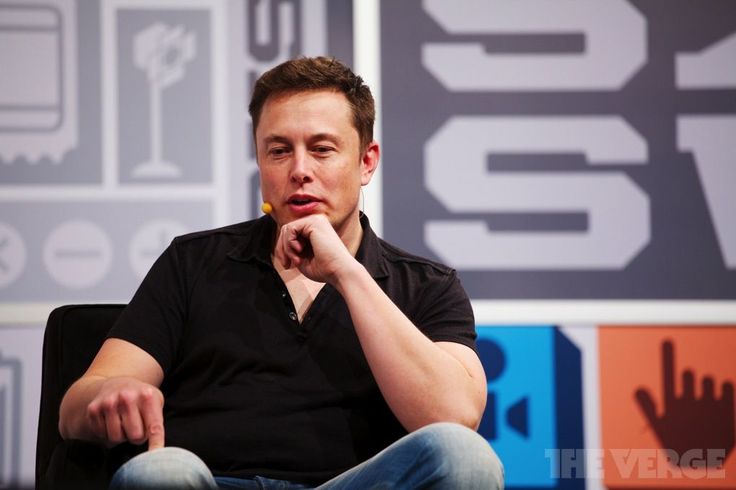One of the most alarming scenarios for a future global war—possibly World War III—is rooted in the race for dominance in advanced artificial intelligence (AI), particularly its application in military technology. As nations accelerate their development of AI-powered weapons, the balance of global power is shifting in unpredictable and potentially dangerous ways.
AI is no longer a theoretical tool—it’s already transforming warfare. Countries like Israel and Ukraine have deployed AI systems to autonomously identify and strike targets. These systems, such as Israel’s “Habsora” and “Lavender,” operate with minimal human oversight, raising ethical concerns and strategic risks. The ability to wage war with machines that can make lethal decisions independently introduces a new level of speed, precision, and detachment from human accountability.
The fear is not just about who has AI, but who controls the most advanced version of it. If one nation develops a powerful AI system capable of dominating the battlefield—whether through autonomous drones, cyber warfare, or predictive targeting—other nations may feel compelled to act preemptively. The logic is chilling: strike first before your adversary gains an insurmountable technological edge.
This fear is compounded by the emergence of “strong AI” or artificial general intelligence (AGI), which could outperform humans across a wide range of tasks. Experts warn that AGI could arrive by the end of the decade. If weaponized, it could revolutionize military strategy, enabling real-time battlefield decisions, autonomous command systems, and even AI-driven nuclear deterrents.
The consequences of such an arms race are profound. Autonomous weapons systems could dehumanize warfare, making it easier to initiate conflict without public scrutiny or moral hesitation. Cyber weapons powered by AI could cripple infrastructure without firing a single bullet. Directed energy weapons, hypersonic missiles, and AI-guided biological agents are no longer science fiction—they’re part of the evolving arsenal.

In this context, the temptation to attack a rising AI superpower before it completes its development becomes a strategic calculation. The fear of losing military parity could push nations toward conflict, not out of aggression, but out of desperation.
Ultimately, the unchecked race for AI supremacy may not just reshape warfare—it could ignite it.


